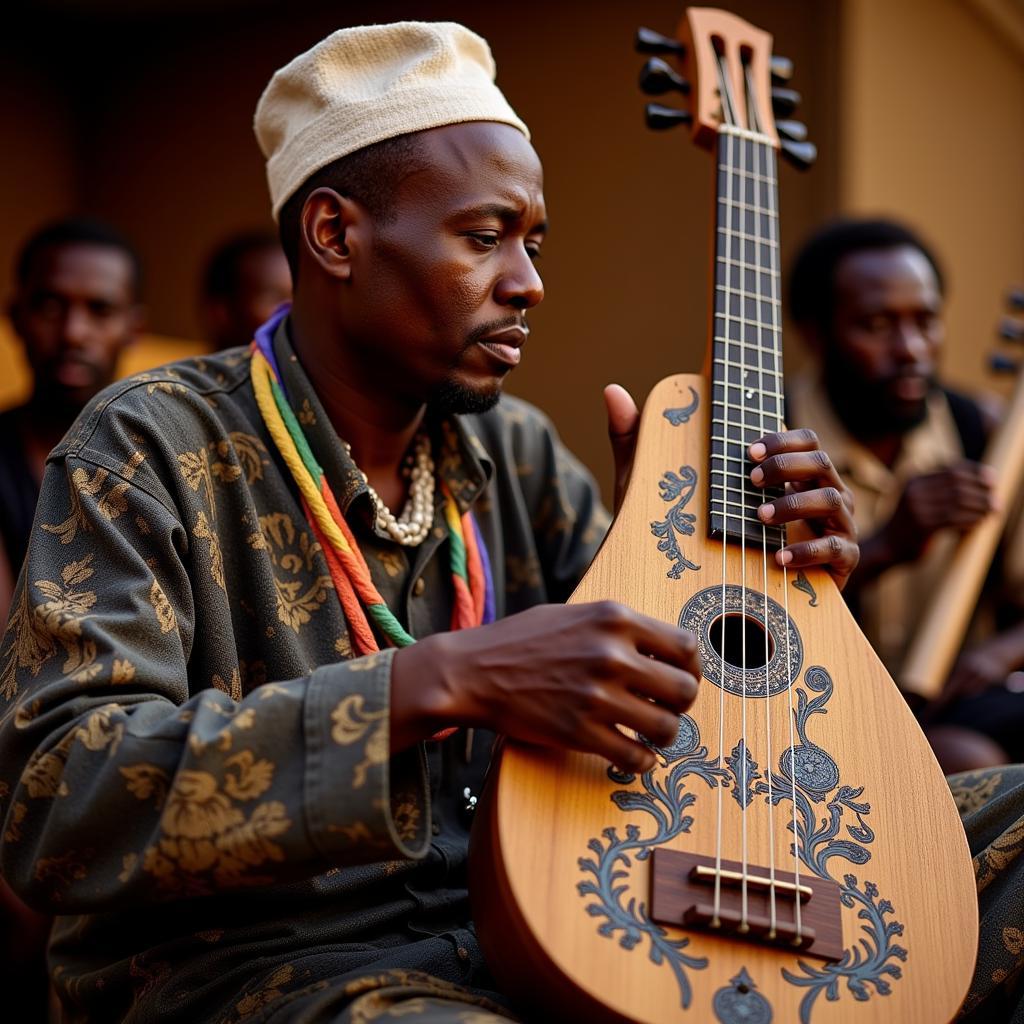A Deep Dive into African American Women Autobiography
African American Women Autobiography offers a powerful lens through which to understand not only individual lives but also the broader sweep of American history and culture. These narratives provide invaluable insights into the experiences of Black women navigating a society shaped by racism, sexism, and other forms of oppression. They are testaments to resilience, strength, and the enduring human spirit.
Exploring African American women autobiography reveals a rich tapestry of narratives that challenge conventional historical narratives and amplify often-silenced voices. From the antebellum period to the present day, these autobiographies offer intimate glimpses into the lives of women who defied societal expectations and fought for equality and justice.
Uncovering Hidden Histories Through African American Women Autobiography
African American women’s autobiographies have played a crucial role in documenting and preserving Black history. They offer firsthand accounts of slavery, Reconstruction, the Jim Crow era, the Civil Rights Movement, and beyond. These personal narratives provide a nuanced and intimate perspective on historical events, often challenging dominant narratives and offering alternative interpretations. They highlight the everyday lives, struggles, and triumphs of Black women, experiences that are often overlooked in traditional historical accounts.
Reading these autobiographies allows us to understand the complexities of Black womanhood in America, encompassing themes of family, community, faith, education, and activism. These narratives showcase the diverse experiences of Black women, revealing the multifaceted nature of their identities and the ways in which they navigated a society that often sought to confine them.
For example, African American abolitionists played a significant role in the fight against slavery. Their autobiographies offer valuable insights into this critical period.
The Power of Voice: Why These Narratives Matter
African American women’s autobiographies are not simply historical documents; they are powerful tools for social change. They provide a platform for Black women to share their stories, challenge stereotypes, and advocate for themselves and their communities. These narratives can inspire and empower readers, fostering empathy and understanding across different backgrounds.
Moreover, these autobiographies contribute to a broader understanding of identity, intersectionality, and the impact of social structures on individual lives. They demonstrate the interconnectedness of race, gender, class, and other social categories, and how these factors shape the experiences of Black women in unique and profound ways.
[Image-1|african-american-women-writers-autobiographies|African American Women Writers and their Autobiographies|An image showcasing a collection of autobiographies written by African American women, highlighting the diversity of their experiences and the importance of their voices in literature and history.]
Key Themes in African American Women’s Autobiographies
Several recurring themes emerge across the landscape of African American women’s autobiographies. These include:
- The struggle for liberation: These narratives often chronicle the fight against racism, sexism, and other forms of oppression. They showcase the courage and resilience of Black women who dared to challenge the status quo and fight for their rights.
- The importance of family and community: Family and community often serve as sources of strength and support for Black women navigating a hostile world. These autobiographies highlight the importance of kinship networks and the role they play in fostering resilience and resistance.
- The power of faith: Religion and spirituality often play a central role in the lives of African American women. These narratives explore the ways in which faith provides comfort, hope, and a sense of purpose in the face of adversity.
- The pursuit of education: Education is often seen as a pathway to empowerment and social mobility. These autobiographies often depict the challenges and triumphs of Black women seeking education in a society that often denied them access to it.
19th Century African American Writers provide invaluable perspectives on the lives and struggles of Black people during this era.
[Image-2|african-american-women-autobiographies-themes|Key Themes in African American Women’s Autobiographies|A collage showcasing various aspects of African American women’s lives, such as family gatherings, church services, protests, and graduation ceremonies, representing the key themes of family, community, faith, education, and the struggle for liberation often explored in their autobiographies.]
Where to Start Exploring: Recommended Reads
The world of African American women’s autobiography is vast and diverse. Here are a few recommended starting points:
- Incidents in the Life of a Slave Girl by Harriet Jacobs
- I Know Why the Caged Bird Sings by Maya Angelou
- The Autobiography of My Mother by Jamaica Kincaid
- Their Eyes Were Watching God by Zora Neale Hurston
- Recollections of My Life in the South by Susie King Taylor
What is the significance of African American women’s autobiographies?
These autobiographies provide essential insights into the lived experiences of Black women, offering valuable perspectives on American history and culture.
5 of African Slaves to US provides insight into the brutal realities of the transatlantic slave trade.
[Image-3|impact-of-african-american-women-autobiographies|Impact of African American Women’s Autobiographies|An image depicting a group of people of different ages and backgrounds reading and discussing African American women’s autobiographies, showcasing the impact of these narratives in promoting empathy, understanding, and social change.]
In conclusion, African American women autobiography offers a powerful and essential window into the complexities of American history and the enduring strength of the human spirit. These narratives challenge us to confront difficult truths, celebrate resilience, and work towards a more just and equitable future. Exploring these stories is not just an academic exercise; it is a vital step towards understanding ourselves and the world around us.
FAQ
-
What are some common themes found in these autobiographies?
Common themes include the struggle for liberation, the importance of family and community, the power of faith, and the pursuit of education. -
Why are these autobiographies important?
They provide essential historical context, challenge stereotypes, and empower readers to understand and empathize with the experiences of Black women. -
Where can I find more information about African American women’s literature?
Libraries, bookstores, and online resources offer a wealth of information on this topic.
Are there other notable autobiographies by African American women? Yes, many other powerful narratives exist, exploring diverse experiences and perspectives.
What impact have these autobiographies had on American literature and culture? They have significantly shaped literary traditions, challenged conventional narratives, and broadened our understanding of identity and social justice.
If you need further assistance, please contact us: Phone: +255768904061, Email: kaka.mag@gmail.com, or visit us at Mbarali DC Mawindi, Kangaga, Tanzania. We have a 24/7 customer service team available to assist you.


